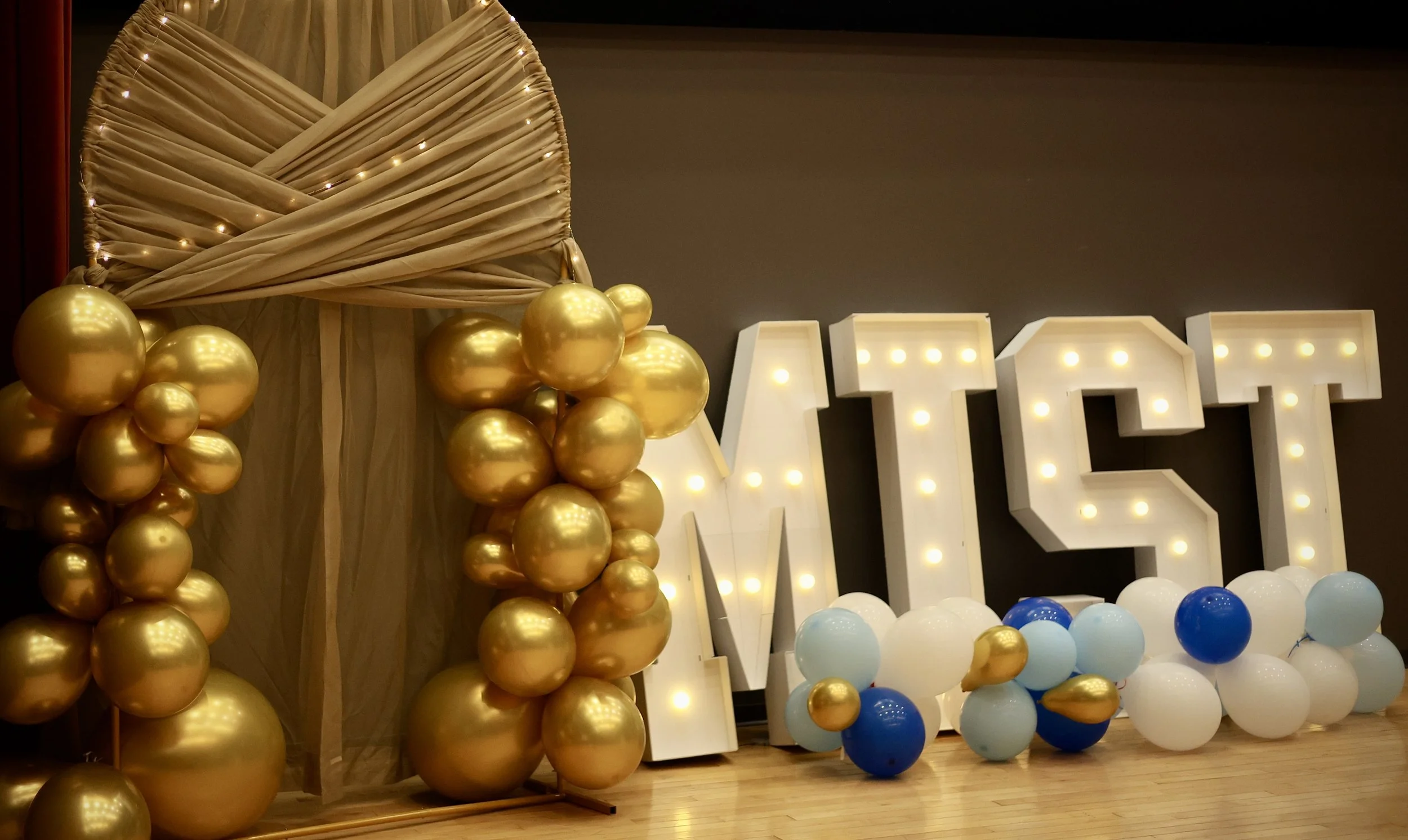
Registration is OPEN!!!
〰️
Registration is OPEN!!! 〰️
MIST IS BACK!
We are SO back for another year full of rivalry and friendships, awards and celebrations, and roaring fun!
HOLD UP! WHAT IS MIST?
OK TELL ME MORE!
-
MIST stands for Muslim Interscholastic Tournament, a nationwide nonprofit that empowers high school students to collaborate, compete, develop creative skills, learn from professionals, and gain education about Islam and Muslims.
-
MIST operates on a two-day event, typically hosted at a college venue, where regional high school MSAs gather to compete in diverse competitions.
-
From Qur’an Memorization to Math Olympics, Debate, Fashion Design, and Photography — we’ve got competitions for everyone! Head over to our Competition Hub to explore them all.
-
Anyone currently in high school or its equivalent is eligible to compete! You can register as a team with your classmates or individually.
-
Registration is open NOW until Mar 29! Scroll to the top of the page and click “register today” to secure your spot.




